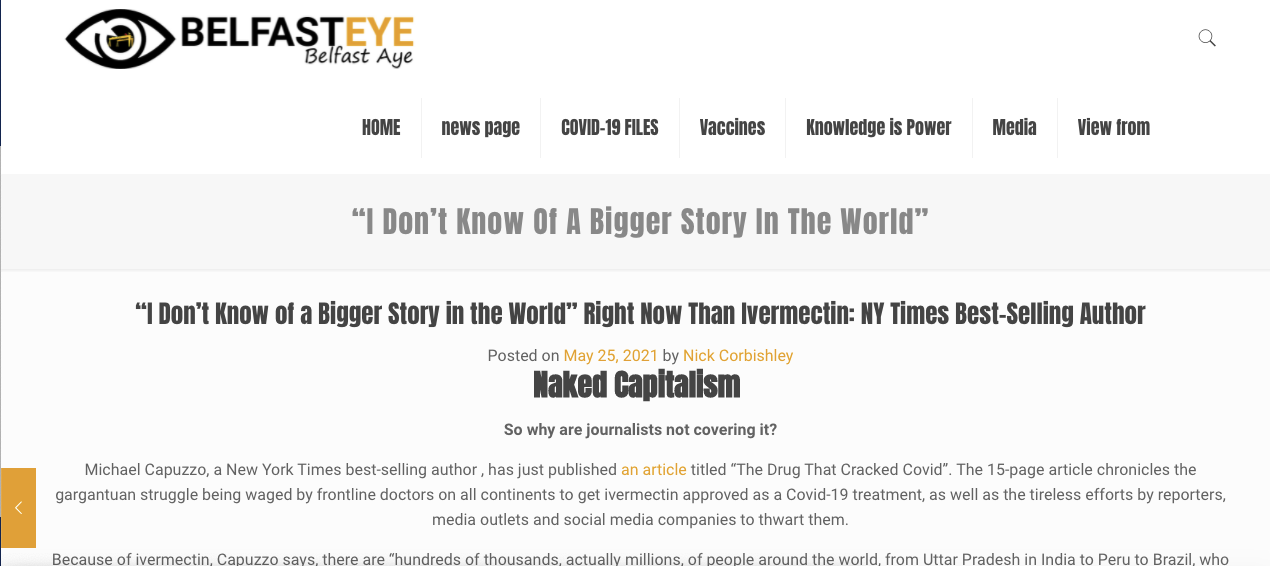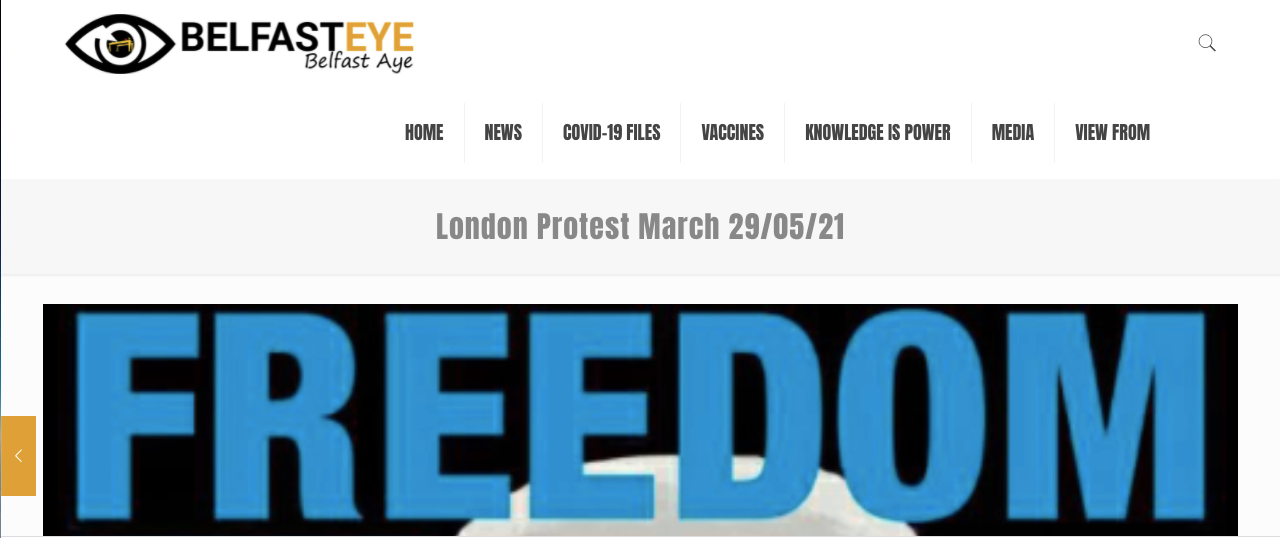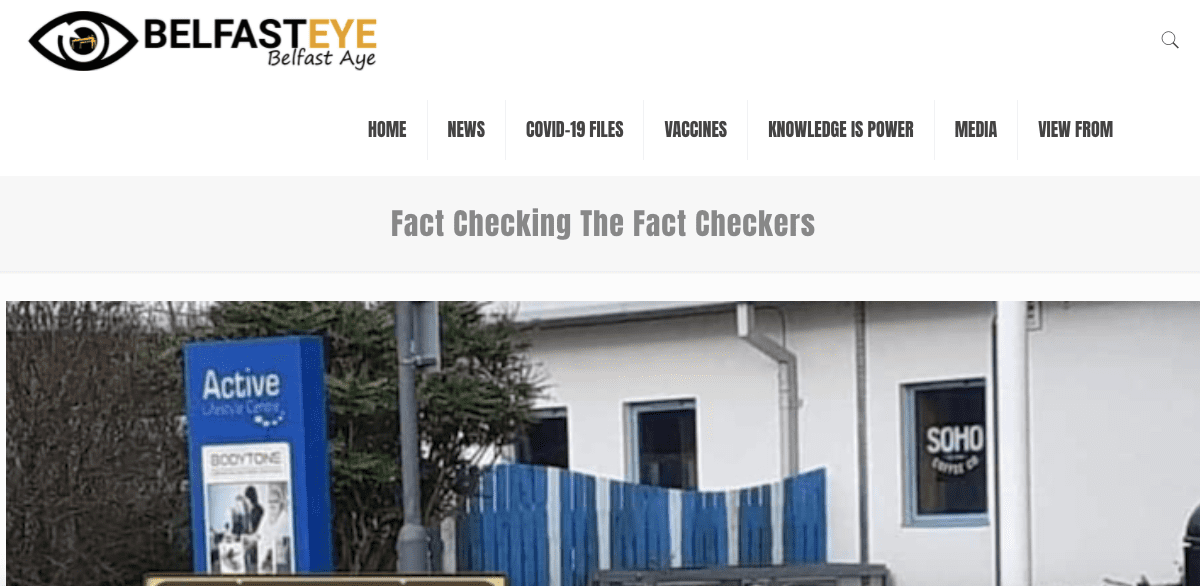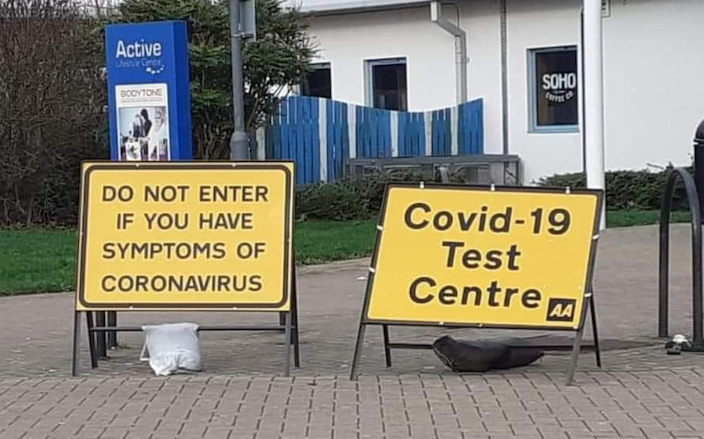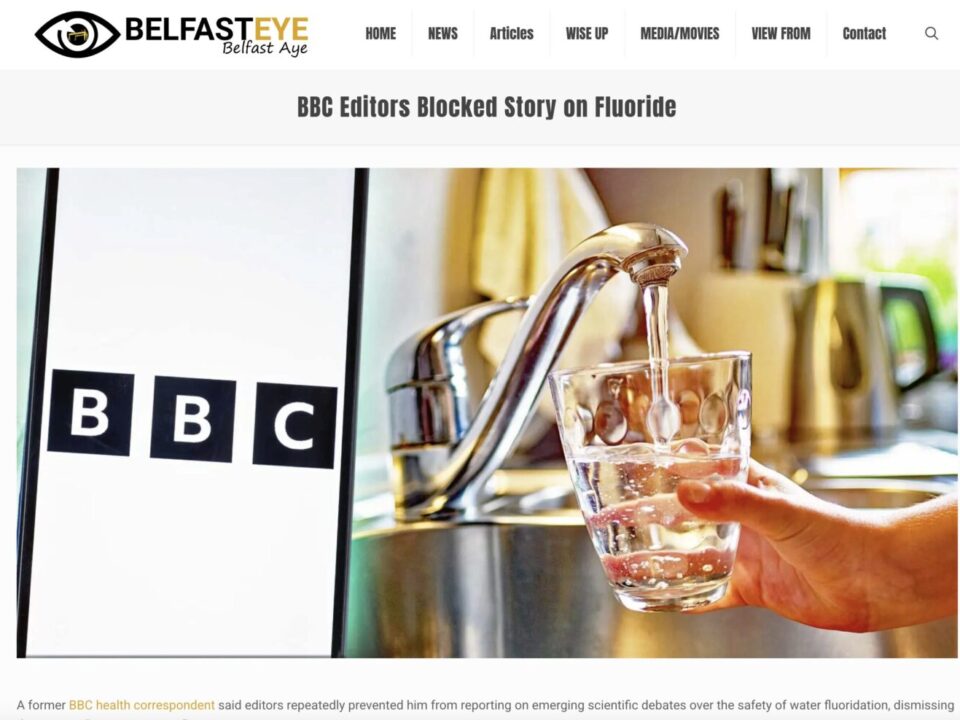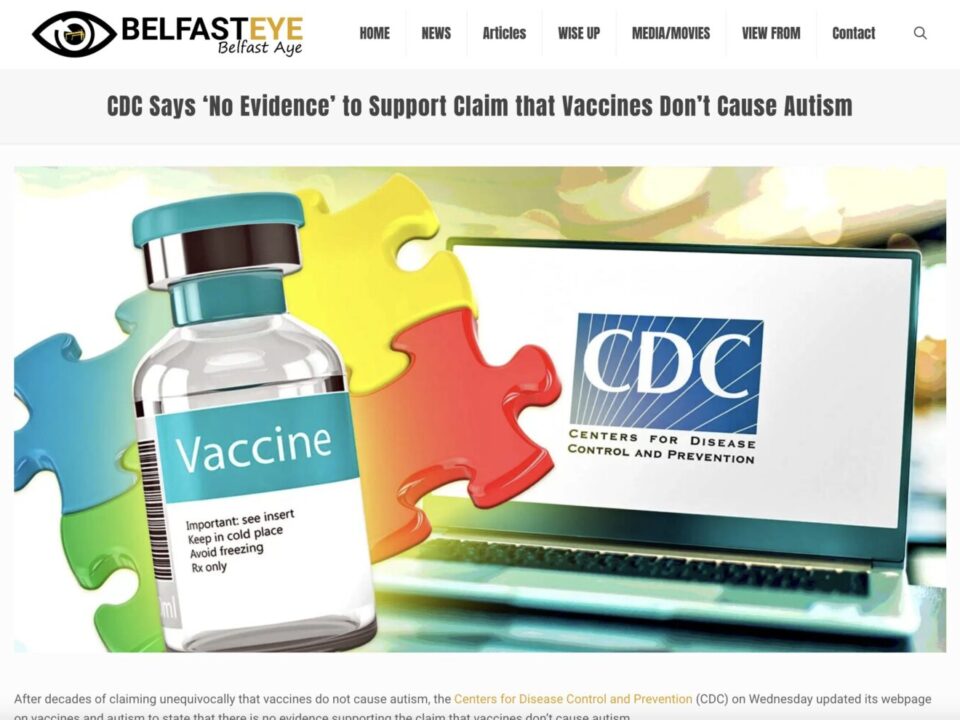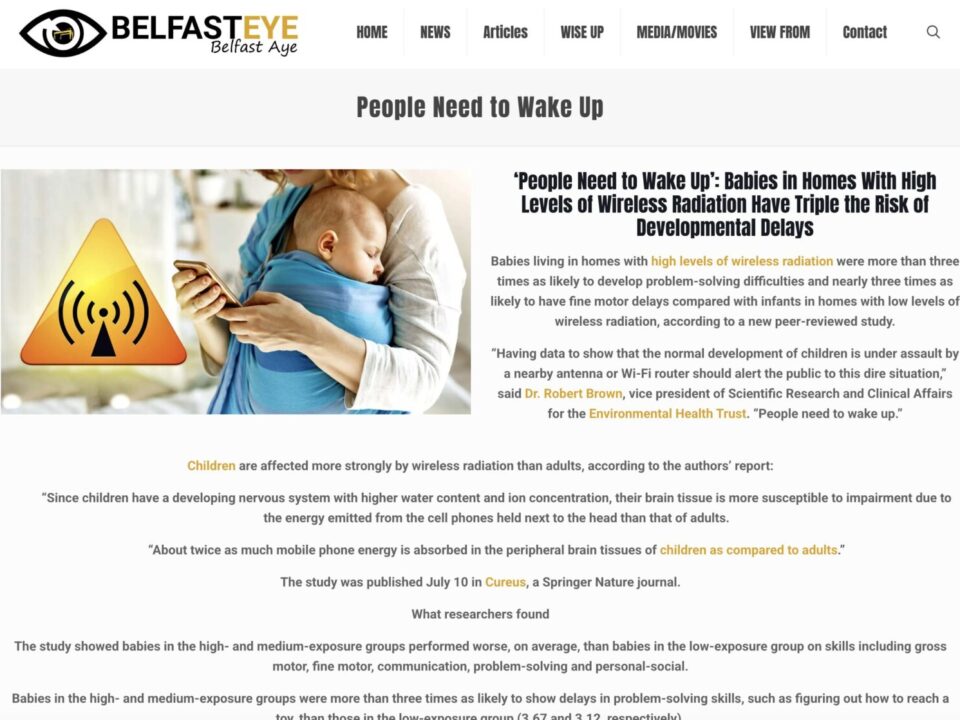The video did not discuss, in detail, the merits of PCR testing as a methodology. I chose not to get into the detail of amplification cycles and cycle thresholds, the shoddiness of testing processes, the origins of the Drosten assay or any other academic discourse. No, this video was really about my view that testing was providing the excuse for continued lockdowns that are, in my view, much worse in terms of social harms and damage to individual liberty, than Covid-19.
The expression of viewpoints like this, especially when backed up with empirical data, tended to be respected, prior to Covid-19. For years, prior to the “pandemic”, I was sought out by media organisations to give my opinions on issues of the day. My profession is research. After graduating in Economics I worked in, or for, several of the world’s most respected opinion research firms. As a specialist in technology markets I worked as an evidence-based consultant for many of the world’s leading tech firms. And, most recently, I was engaged as an Advisor to the UK government for three years working on inward investment in the tech sector (until I resigned just before Christmas).
It came as something of a surprise, therefore, when – after publishing my little video on Facebook, that I was informed that the video contained “partly false information” and now bore a warning notice (reproduced below).

I was informed by Facebook that one of their “independent” fact-checkers had reported the video, hence the warning. In addition to the grave-looking warning notice, Facebook also placed a link to a post on the “independent fact checker’s” website – FactCheckNI.
I had never come across this organisation and had no idea about its existence. According to the organisation’s website it is an “independent, non-partisan, community interest company” that engages in fact checking. It also states, “We fact check claims using the same standard for every fact check. We do not concentrate our fact checking on any one side. We follow the same process for every fact check and let the evidence dictate our conclusions. We do not advocate or take policy positions on the issues we fact check.”
None of “the management” of the organisation has any background in journalism. They seem to have appointed themselves to their opinion-policing roles. And quite why these people created this organisation is a mystery. Who checks them and the facts they choose to check?
So quite why the organisation had taken it upon itself to check the facts in my short video is a total mystery. At time of writing their post taking issue with the “facts” in my video is on the home page of their website. But I could find no fact checking posts on claims made by the government in their latest “look into their eyes” advertising or the thousands of media articles written or broadcast in support of government lockdowns. In fact, given the thousands of articles written and videos published about Covid response, why was mine given this bizarre treatment by this strange little organisation – that’s paid by Facebook to report content that clearly constitutes wrong-think.
Prior to Covid-19 we tended to diagnose respiratory disease based on symptoms – but we also believed that opinions were simply opinions. In fact many opinions were not of one “side” or another. They were simply opinions and could be nuanced. They were not subject to fact checking. And they could contain all sorts of shades and creative devices and arguments could be made using metaphors and similes. It’s called free speech.
In drafting the script for my video I drafted the following phrase. “[The] problem with PCR is that it’s something of a haystack creator in the search for the needle that should be very obvious.” This wasn’t a fact. It’s called a metaphor. It was a reference to looking for a needle in a haystack. My point was that PCR testing was not needed in the past as a diagnostic tool for respiratory disease during Winter – and that it created data that was of little use in identifying people who were infectious if the healthy and non-symptomatic were being labelled as infectious (when they, clearly, weren’t presenting in hospital). Moreover my video didn’t mention Northern Ireland once, nor was there any reference to Northern Ireland case data.
So why did FactCheckNI feel the need to fact-check the veracity of my metaphor?
Part of the reason may relate to reach and influence. Several prominent Northern Ireland business people shared my video on social media platforms and messaging. And I have a Northern Ireland accent. But, despite this, I’m an individual citizen and don’t have access to hundreds of millions of pounds of taxpayer money for advertising and propaganda peddling.
Interestingly, when FactCheckNI tweeted the link to its post that “fact-checked” my article it included the following: The Minister for Health for Northern Ireland; the Department for Health for Northern Ireland and BBC Northern Ireland’s Health Correspondent – and various others. I wasn’t included in the list – even though the fact checking related to my video, my content, my intellectual property. And, clearly, for an organisation that doesn’t take sides it seems rather strange that it chose to notify only those organisations and individuals associated with one side of the PCR testing argument. Perhaps FactCheckNI could explain the facts behind this.

But let me explain certain facts to FactCheckNI. If I need to check facts I won’t be asking you – nor do I require you to check my opinions. And, as for Facebook, if you need to employ organisations like factCheck NI to police the opinions of your users, then your users will, like me, leave.
Perhaps you should, Facebook and FactCheckNI, note these words:
"People having the power to express themselves at scale is a new kind of force in the world — a Fifth Estate alongside the other power structures of society. People no longer have to rely on traditional gatekeepers in politics or media to make their voices heard, and that has important consequences. I understand the concerns about how tech platforms have centralized power, but I actually believe the much bigger story is how much these platforms have decentralized power by putting it directly into people’s hands. It’s part of this amazing expansion of voice through law, culture and technology"
Facebook CEO Mark Zuckerberg’s speech at Georgetown University, October 2019

